
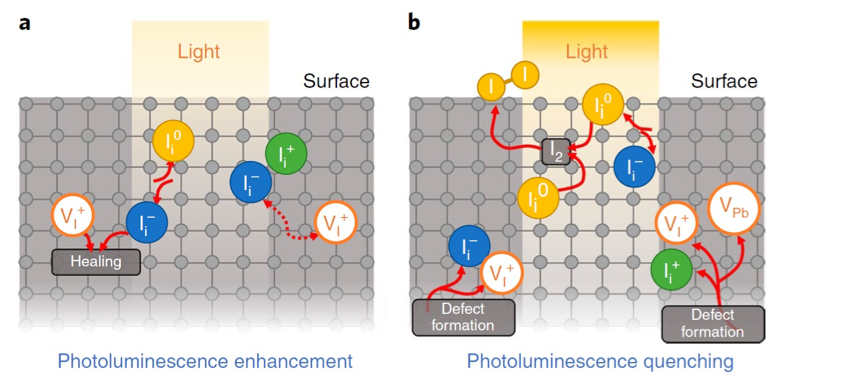
TheoEn is a theoretical and computational chemistry and materials science laboratory devoted to the interpretation, design and prediction of new molecules and materials for applications in catalysis and energy.
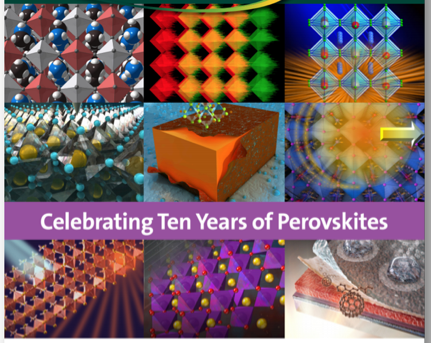
The main TheoEn focus is on modeling materials and processes for light-harvesting and innovative photovoltaic technologies, such as dye-sensitized solar cells and metal-halide perovskite solar cells, through the Computational Laboratory of Hybrid/Organic Photovoltaics (CLHYO, www.clhyo.org).
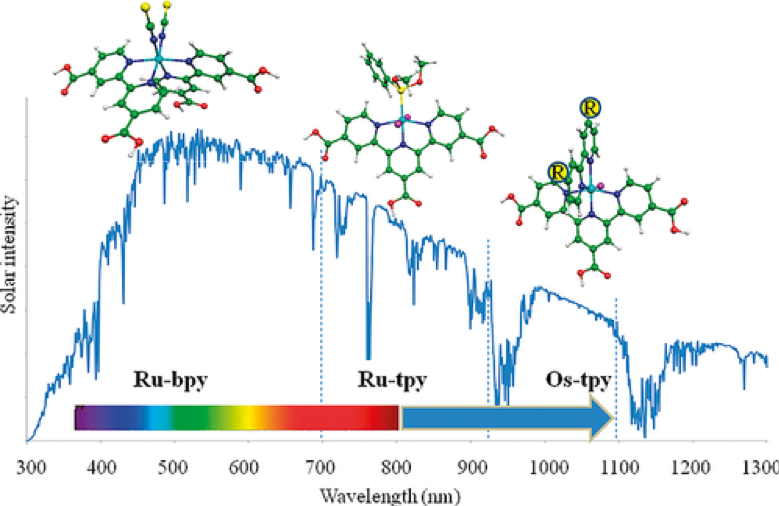
TheoEn has also significant expertise in modeling reactivity for production of solar fuels and organometallic catalysis in general.
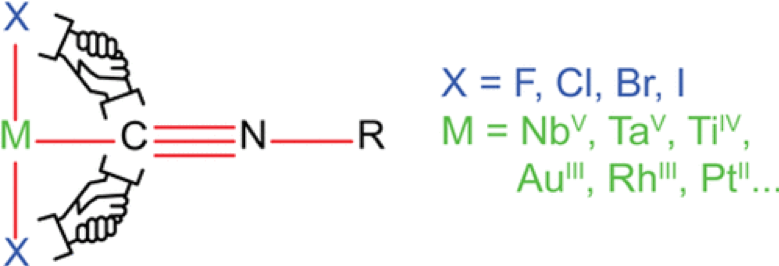
Methodological development is also pursued, both in terms of code optimization and portability and implementation of novel algorithms for relativistic quantum chemistry. Analysis of weak intermolecular interactions through advanced quantum chemistry methods is also actively pursued.
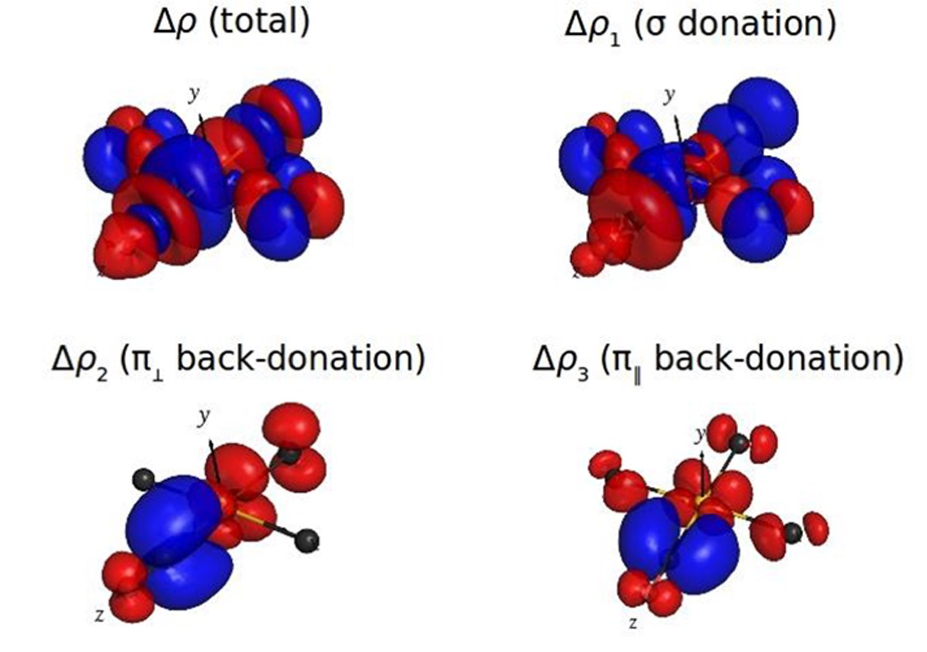
TheoEn gathers established researchers from the University of Perugia, the National Research Council of Italy and the Italian Institute of Technology, to create a unique synergistic working environment also through prestigious collaborations. Visits by exchange students and seminars by international guests are continuously organized as well as organization of international conferences.
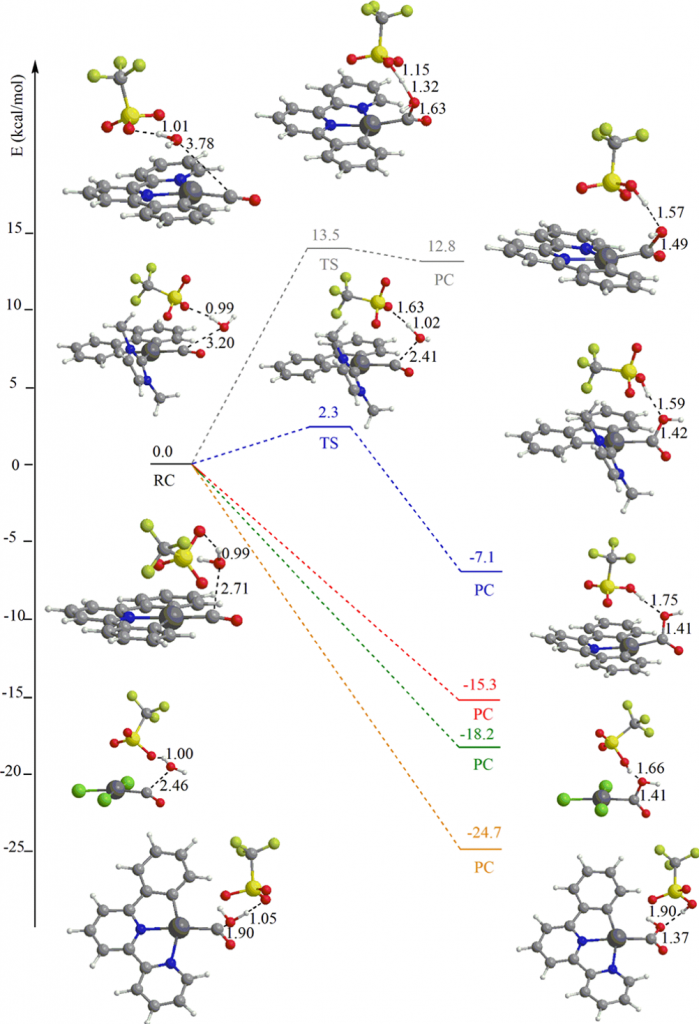
TheoEn collaborations are also strongly bound to the other excellence labs, providing the required interpretative and design basis to the electronic and atomistic characterization of the developed materials and processes.
Facilities and Infrastructure
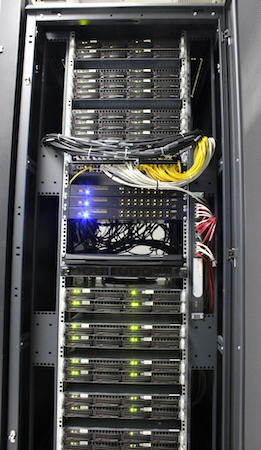
Our experience in high-performance computational chemistry and materials science led us to the choice of structuring our computational resources as clusters of homogenous computational nodes (that most often are commercial off-the-shelf, hardware), managed by a POSIX Operating System (Linux) and sitting behind a batch system (Torque/MAUI) to serve long running jobs. Computational chemistry problems are, in most cases, running for weeks or months, so one of the constrain we have to meet, is maintaining a large number of healthy and efficient machines, up and running for very long periods, often for years.
At present the latter can be summarized as follows:
which concur to create our internal HPC grid.
The HPC Grid is completed by an IBM Datacenter, SAN centric, virtualized infrastructure implementing storage, networking and tape library services and the infrastructure is powered by a 40Kw Uninterruptible Power Supply, deployed behind a virtualized firewall, on an Internet connected, private, gigabit switched network.
The following licensed software is available to TheoEn users:
Staff
Filippo De Angelis (PI) – filippo.deangelis@unipg.it
Francesco Tarantelli
Paola Belanzoni
Francesca Nunzi
Carlo Manuali
Simona Fantacci
Leonardo Belpassi
Edoardo Mosconi
Giuseppe Vitillaro
Daniele Meggiolaro
Arup Mahata
Francesco Ambrosio
Diego Cesario
Matteo De Santis
Eros Radicchi
Nadège Marchal
Damiano Ricciarelli
Jihan Loubani
Diego Sorbelli